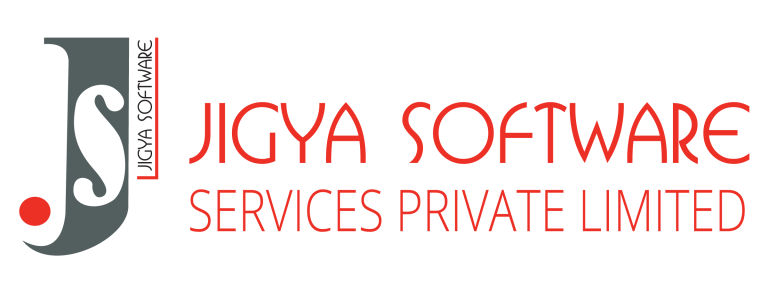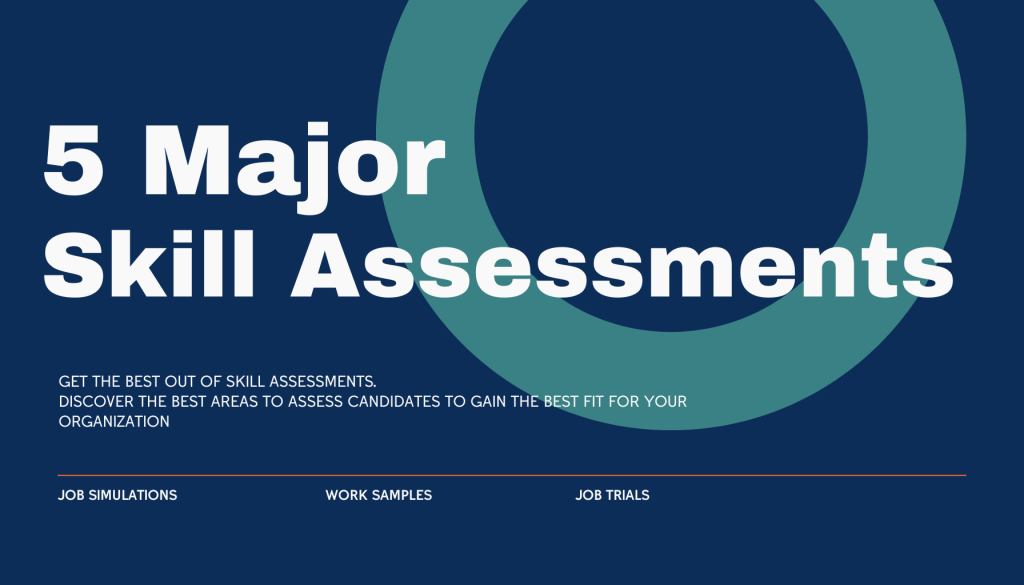In today’s competitive job market, finding the best talent requires more than just reviewing resumes and conducting traditional interviews. Companies need a robust and comprehensive approach to skill assessment for hiring to ensure they are selecting candidates who are not only qualified but also a perfect fit for the role. By implementing various types of skill assessments for hiring, organizations can better evaluate candidates’ abilities, predict their performance, and make more informed hiring decisions. Here are the five major skill assessments that are essential for hiring the best talents.
1. AI-Powered Video Interviews
AI-powered video interviews are revolutionizing skill assessment for hiring by offering a more efficient and objective way to evaluate candidates. These assessments use artificial intelligence to analyze facial expressions, tone of voice, and speech patterns during interviews. The AI then provides insights into the candidate’s personality traits, communication skills, and emotional intelligence. This type of assessment is particularly valuable for roles that require strong interpersonal skills or customer interaction.
AI-powered video interviews also help reduce biases in the hiring process by focusing on the content of the candidate’s responses rather than their appearance or background. This ensures a more equitable skill assessment for hiring and allows companies to identify top talent more effectively.
2. Work Samples
Work samples are a direct and practical way to assess a candidate’s ability to perform the tasks required for a specific job. By asking candidates to complete a task or project similar to what they would do in the role, employers can gain a clear understanding of their capabilities. Work samples are an excellent skill assessment for hiring as they provide tangible evidence of a candidate’s skills and work quality.
For example, a content writer might be asked to produce a writing sample on a specific topic, while a software developer could be given a coding challenge. This type of assessment helps employers see beyond resumes and interviews, offering a realistic preview of how a candidate will perform on the job.
3. Job Simulations
Job simulations are another effective method of skill assessment for hiring that allows candidates to demonstrate their abilities in a controlled, yet realistic environment. These simulations mimic the actual job tasks and challenges the candidate would face if hired. This assessment can include role-playing scenarios, problem-solving exercises, or technical tasks specific to the role.
Job simulations are particularly useful for roles that require quick thinking, problem-solving, or technical expertise. By observing how candidates handle these scenarios, employers can assess their job readiness and suitability for the position. Job simulations provide a comprehensive skill assessment for hiring, giving a clear indication of how well a candidate will perform in the actual job.
4. Cognitive Ability Testing
Cognitive ability testing is a crucial component of skill assessment for hiring, particularly for roles that require strong analytical thinking, problem-solving, and decision-making skills. These tests evaluate a candidate’s ability to think critically, process information, and solve problems. They often include questions related to logic, math, verbal reasoning, and spatial awareness.
Cognitive ability tests are predictive of job performance and are highly regarded in the hiring process. By incorporating cognitive ability testing into your skill assessment for hiring strategy, you can identify candidates who are likely to excel in roles that demand high-level thinking and problem-solving skills.
5. Job Trials
Job trials provide the ultimate skill assessment for hiring by allowing candidates to work in the actual role for a short period, usually ranging from a few hours to a few days. During this time, candidates perform real job tasks and interact with team members, giving employers a clear picture of their performance, work style, and cultural fit.
Job trials are particularly valuable for roles that are difficult to assess through interviews or other testing methods. They offer a hands-on skill assessment for hiring that provides insight into how a candidate will actually perform in the position. This approach reduces the risk of hiring mistakes and ensures that the candidate is truly the right fit for the job.
Incorporating these five major skill assessments for hiring into your recruitment process can significantly enhance your ability to identify and hire the best talent. AI-powered video interviews, work samples, job simulations, cognitive ability testing, and job trials each offer unique advantages that provide a comprehensive understanding of a candidate’s abilities and potential. By leveraging these assessments, organizations can make more informed, objective, and successful hiring decisions, ultimately leading to a stronger and more effective workforce.
For E-assessment tools, HR Management software, and other solutions, visit Jigya Software Services, an Orpine Inc subsidiary.


